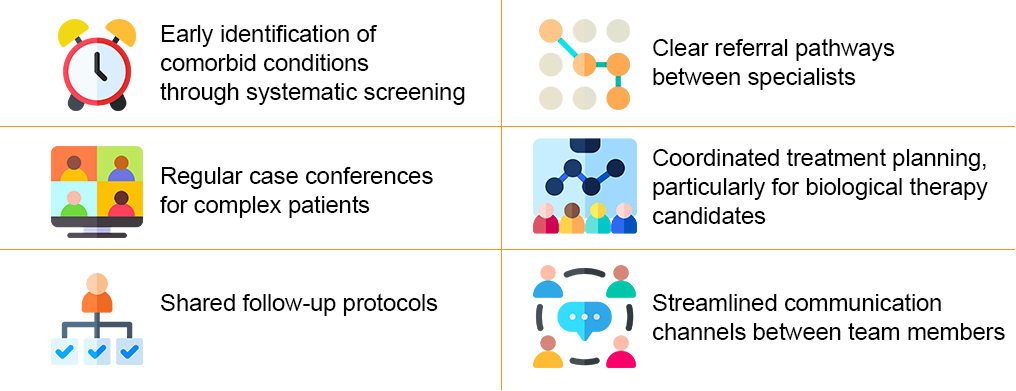This activity is provided by Med Learning Group.
This program is supported by an independent educational grant from Regeneron Pharmaceuticals, Inc. and Sanofi.
Copyright © 2026 | Med Learning Group | All Rights Reserved | Website by Divigner
This program is supported by an independent educational grant from Regeneron Pharmaceuticals, Inc. and Sanofi.
Copyright © 2026 | Med Learning Group | All Rights Reserved | Website by Divigner


